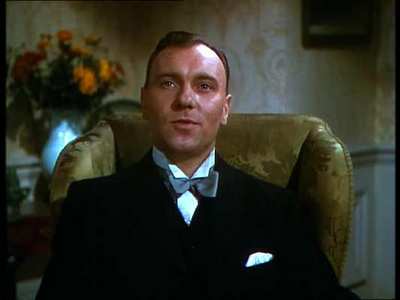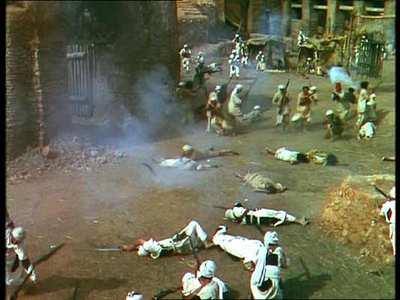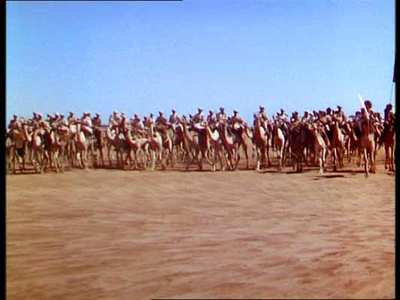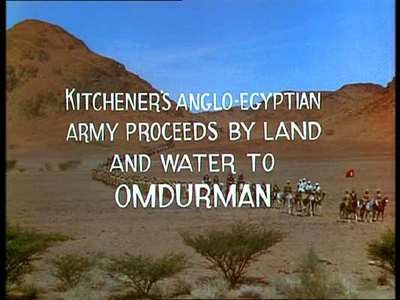Review of Four Feathers, The
Introduction
As a new big-budget Hollywood version does the rounds (directed by `Elizabeth`s Shekhar Kapur and starring Heath Ledger), it’s a fitting time for Carlton to re-release the most prestigious previous adaptation of A.E.W Hudson’s ‘The Four Feathers’ (out of a total of six, at last count), this time courtesy of Alexander Korda in 1939. When British army officer Harry Faversham (John Clements, moody) resigns his post on the eve of his unit’s deployment to the Sudan, his three closest comrades send him feathers in the post, which, judging by the melancholic musical accompaniment is bad news. After a similar dissing from his fiancée Ethne Burroughs (June Duprez, transparent), Faversham voyages to Egypt, disguises himself as a mute slave and attempts to ingratiate himself into the culture that will lead him to the command of one of the feather-senders, John Durrance (Ralph Richardson, excellent) who, as it happens, also has designs on Ethne. Thus, Faversham seeks out to regain his honour, tainted by charges of cowardice, in the most arduous and impractical way he can manufacture whilst all Hell breaks loose as the British forces battle with nefarious Egyptian rebels.

Video
The colours oscillate from solid to hazy and never quite reach blinding. However with a camera team that included (among others) Jack Cardiff, you can bet there’s plenty of nice things to look at.

Audio
As you can imagine from a film made in 1939, we’re not talking DTS here. The score, by Miklos Rozsa is more infuriating than rousing.

Features
Trailer. That`s it.

Conclusion
All of this Imperial tomfoolery and not once does anyone say “I demand satisfaction”... Anyway, the dubious romanticisation of Britain’s colonial past aside, this holds together pretty well in a Sunday-afternoon time-waster sort of a way, mostly thanks to impressive production values, easy-on-the-eye visuals and some fine performances. Korda’s brother Zoltan shoots the various battle scenes with some panache, but it’s the central, noble premise that holds the attention through the laborious ‘at home with Miss. Burroughs’ sequences.
Korda keeps the admirably complex plot moving at a fair lick, only ever really dwelling on moments of perverse sadism: Durrance’s sun-stroke and a harrowing sequence of starvation and dehydration in the desert. The focus on shameless British derring-do in the face of hordes of savage “fuzzy-wuzzies” may be too superficially self-congratulatory for some to swallow in these politically sensitive times. But for the exhausted, indifferent or the hung-over wannabe film-buff who’s seen ‘Braveheart’ too many times, this isn’t bad value.
Your Opinions and Comments
Be the first to post a comment!